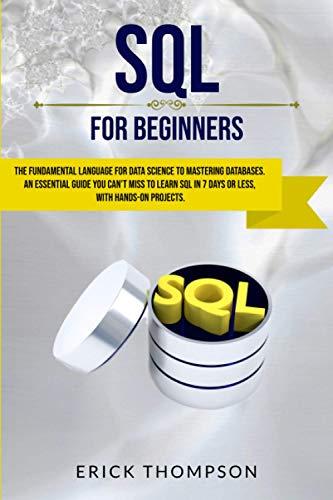Answered step by step
Verified Expert Solution
Question
1 Approved Answer
MATLAB FIR filter design. The audio file, covering the frequency range of roughly 0 to 3000 Hz, is very badly corrupted with high?level noise. Your
MATLAB FIR filter design.
The audio file, covering the frequency range of roughly 0 to 3000 Hz, is very badly corrupted with high?level noise. Your problem is to design a digital filter that will sufficiently attenuate the noise so that the audio speech is intelligible. (sorry but chegg doesn't allow me to attach the wav file)
Here is the design template:
clear, clc % clear all variables %% Read in the noisy audio signal from the file 'CapnJ.wav' using audioread function [Signal_Noisy, Fs] = audioread('CapnJ.wav'); Signal_Noisy = Signal_Noisy'; % Change to column vector N = length(Signal_Noisy); Index = 0:N-1; %% Play the noisy audio signal using sound function sound(Signal_Noisy, Fs), % Play the "Noisy" audio signal %% Plot the time-domain noisy signal figure(1), clf subplot(2,1,1) plot(Index, Signal_Noisy) ylabel('Orig. Time Sig. Amp.'), xlabel('Time (Samples)'), grid on, zoom on %% Obtain and plot the DTFT magnitude of the noisy signal % You can use FFT with a very large number of points % Plot the normalized magnitude in dB (i.e., 20*log10(mag/max(mag)) % Use Hz for the horizontal frequency axis (based on Fs sampling rate % obtained above) % Use proper axis limits for your plot %% Using fir1 function, design a lowpass FIR filter % You need to select your filter order as well as the desired cut-off % frequency. % For cut-off, try a few values in 2-4KHz range. % Play with both cut-off and the filter order till you can properly hear and understand the spoken words. % Remember that the cut-off frequency input to fir1 is 0 Step by Step Solution
There are 3 Steps involved in it
Step: 1

Get Instant Access to Expert-Tailored Solutions
See step-by-step solutions with expert insights and AI powered tools for academic success
Step: 2

Step: 3

Ace Your Homework with AI
Get the answers you need in no time with our AI-driven, step-by-step assistance
Get Started


